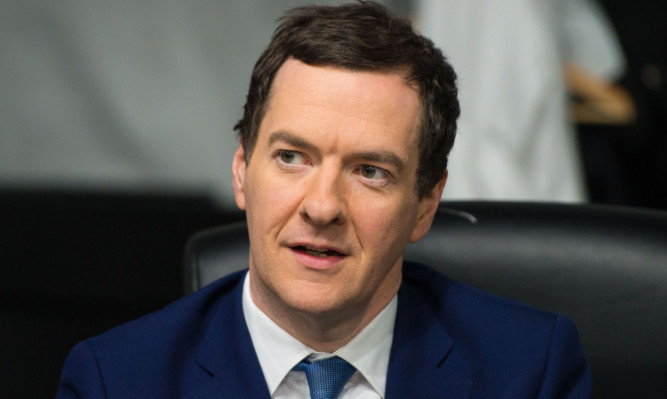
George Osborne unveils the first budget of the new Government.
The main announcements in the July 2015 Budget included:
A new compulsory National Living Wage for working people aged 25 and over, starting in April 2016 at £7.20 an hour and reaching £9 an hour by 2020.
The Office for Budget Responsibility downgraded growth forecast for 2015 from 2.5% to 2.4%, then 2.3% in 2016, then revised it up to 2.4% in 2017 and for rest of decade.
Forecast for paying down the national deficit and running a surplus knocked back by a year from 2017/18 to 2018/19.
New Fiscal Charter committing the country to running an overall budget surplus in normal economic times – when real GDP growth is lower than 1% a year.
Corporation tax to be cut from 20% to 19% in 2017 and 18% by 2020.
Tax-free personal allowance at which 20p income tax rate is payable raised from £10,600 to £11,000 next year. Rates of income tax remain unchanged.
Higher rate 40p income tax threshold to rise from £42,385 to £43,000 from next year.
Rises in public sector pay restricted to 1% per year for the next four years.
Package of welfare reforms cutting £12 billion from the system, including four-year freeze for working-age benefits.
Reduction from £6,420 to £3,850 in income level at which tax credits begin to be cut, with increase in taper rate at which the benefit is removed.
Support for children through tax credits and universal credits to be limited to two children, affecting children born after April 2017.
Benefits cap to be reduced from £26,000 per household to £23,000 in London and £20,000 in the rest of the country.
Social housing tenants earning more than £40,000 in London and £30,000 elsewhere to pay rent at market rates.
Abolition of automatic entitlement to housing benefit for 18 to 21-year-olds.
Rate of Employment and Support Allowance aligned with Jobseekers’ Allowance for new claimants deemed able to work.
Rents in the social housing sector to be reduced by 1% a year for the next four years.
Permanent non-dom tax status to be abolished.
Inheritance tax reform to allow estates worth up to £1 million to be tax-free if they include a home.
Britain committed to meeting Nato target of spending 2% of GDP on defence for rest of this decade, while the Ministry of Defence is guaranteed real-terms increases in its annual budget.
New bands for vehicle excise duty for brand new cars from 2017 – with most cars paying £140 standard charge. No change to VED for existing cars. All income from VED to go into new Roads Fund to pay for investment in the network.
Climate Change Levy exemption for renewable electricity to be removed.

Enjoy the convenience of having The Sunday Post delivered as a digital ePaper straight to your smartphone, tablet or computer.
Subscribe for only £5.49 a month and enjoy all the benefits of the printed paper as a digital replica.
Subscribe